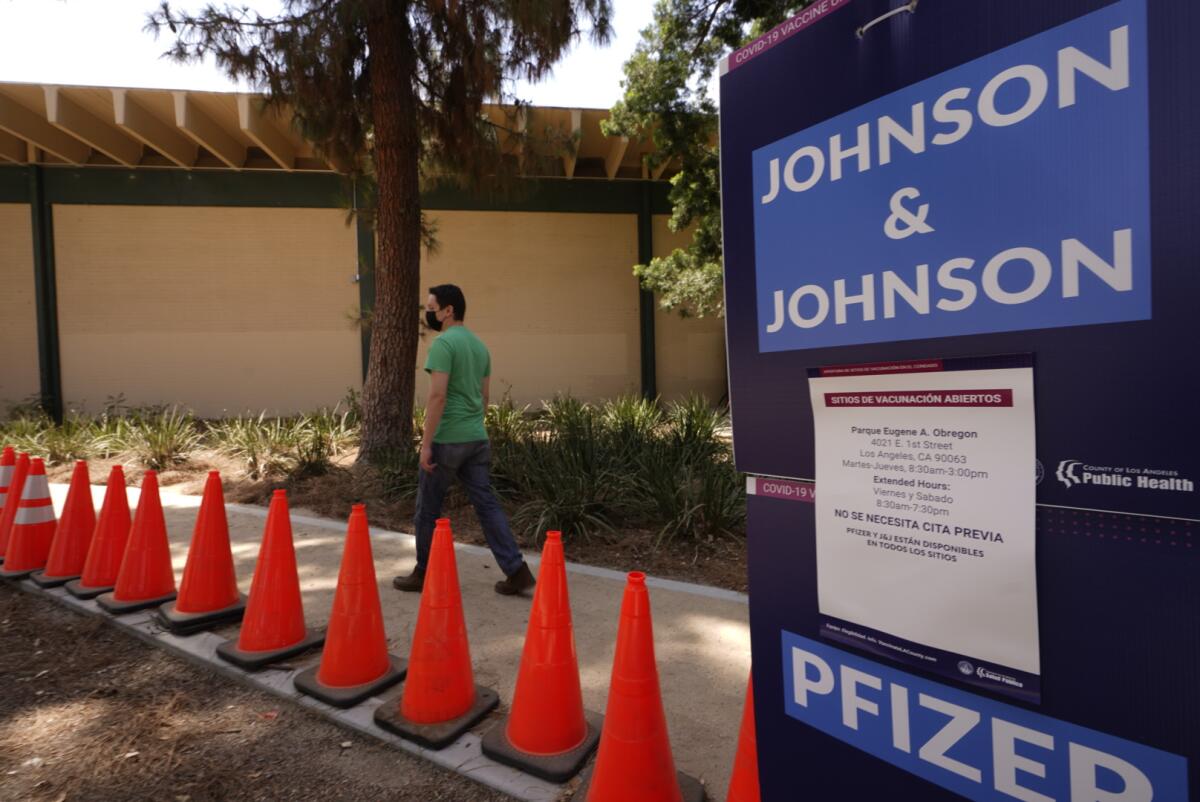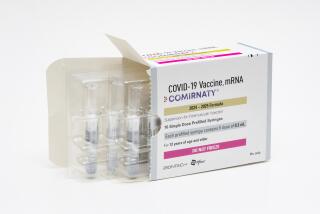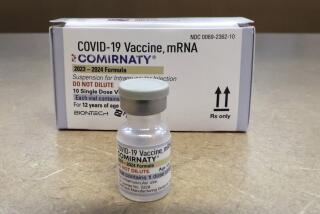U.S. extends expiration dates on J&J COVID-19 vaccine to six months

WASHINGTON — Federal health regulators once again extended the expiration dates on Johnson & Johnson’s COVID-19 vaccine, providing health workers with six more weeks to use millions of doses of the shot.
The Food and Drug Administration said in a letter to J&J that the shots remained safe and effective for at least six months when properly stored and refrigerated. Wednesday’s action was the second time the FDA had extended the shelf life on the vaccines since June, when the agency said they could be used for up to 4½ months.
When first authorized in February, the FDA said the vaccines could be stored for three months at normal refrigeration levels.
Health authorities in many states recently warned that they could be forced to throw out thousands of doses of the one-shot vaccine without an extension.
The change gives health providers more time to use remaining shots sitting at pharmacies, hospitals and clinics. After plateauing earlier this summer, vaccination rates have begun climbing again as the highly transmissible Delta variant of the coronavirus surges across many parts of the country.
Vaccine expiration dates are based on information from drugmakers on how long the shots stay at the right strength. J&J previously stated that it continued to conduct stability testing with the aim of further extending the shelf life of the shots.
The FDA has been reviewing expiration dates on all three U.S.-authorized vaccines as companies have continued to test batches in the months since the shots first rolled out. Vaccines from Pfizer-BioNTech and Moderna, both authorized in December, have a six-month shelf life.
President Biden says he will require federal workers to wear masks and get tested regularly for the coronavirus if they’re not vaccinated.
J&J’s vaccine was highly anticipated because of its one-and-done formulation and easy-to-ship refrigeration.
But Pfizer and Moderna, which started shipping shots months earlier, have already supplied more than enough doses to vaccinate all eligible Americans.
More than 150 million Americans have been fully vaccinated with the companies’ two-dose shots. By comparison, just 13 million Americans have been vaccinated with the J&J shot.
Use of J&J’s vaccine has been hurt by several rare potential side effects. Earlier this month, U.S. health regulators added a new warning to the vaccine about links to a potentially dangerous neurological reaction called Guillain-Barré syndrome.
That followed a pause in the use of the shot in April after it was linked to a rare blood clot disorder. In both cases, government health advisors said the overall benefits of the shot still greatly outweighed the risks.







